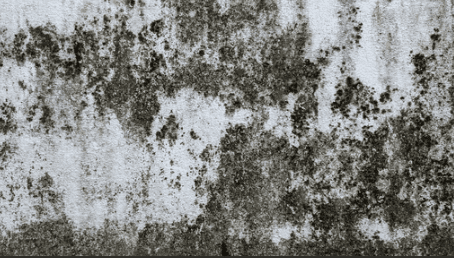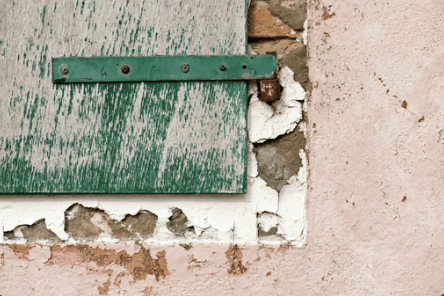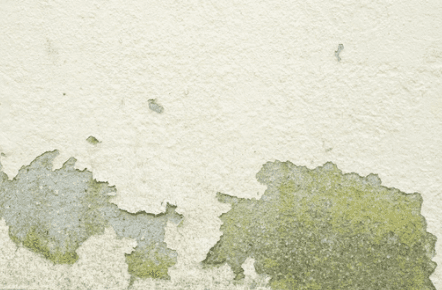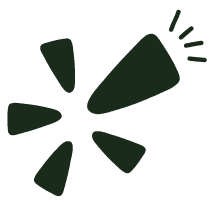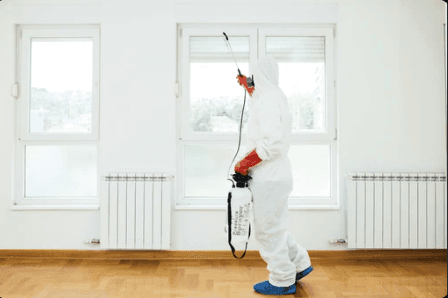
Sep 6, 2024
Breathe Easy: How to Detect and Prevent Mold in Your Home!

Unveiling the Enigmatic Nature of Mold
Definition and Characteristics of Mold
Mold, a type of fungus, is a ubiquitous presence in the environment, thriving in damp and humid conditions. It reproduces by releasing tiny spores into the air, which can settle on surfaces and grow into new mold colonies under favorable conditions. Mold growth is often visible as fuzzy patches that range in color from green and black to white and orange.
These colonies can emit a musty odor that signals their presence even before they are visually detected. Mold plays a vital ecological role in breaking down organic matter but poses significant health risks when it colonizes indoor spaces.
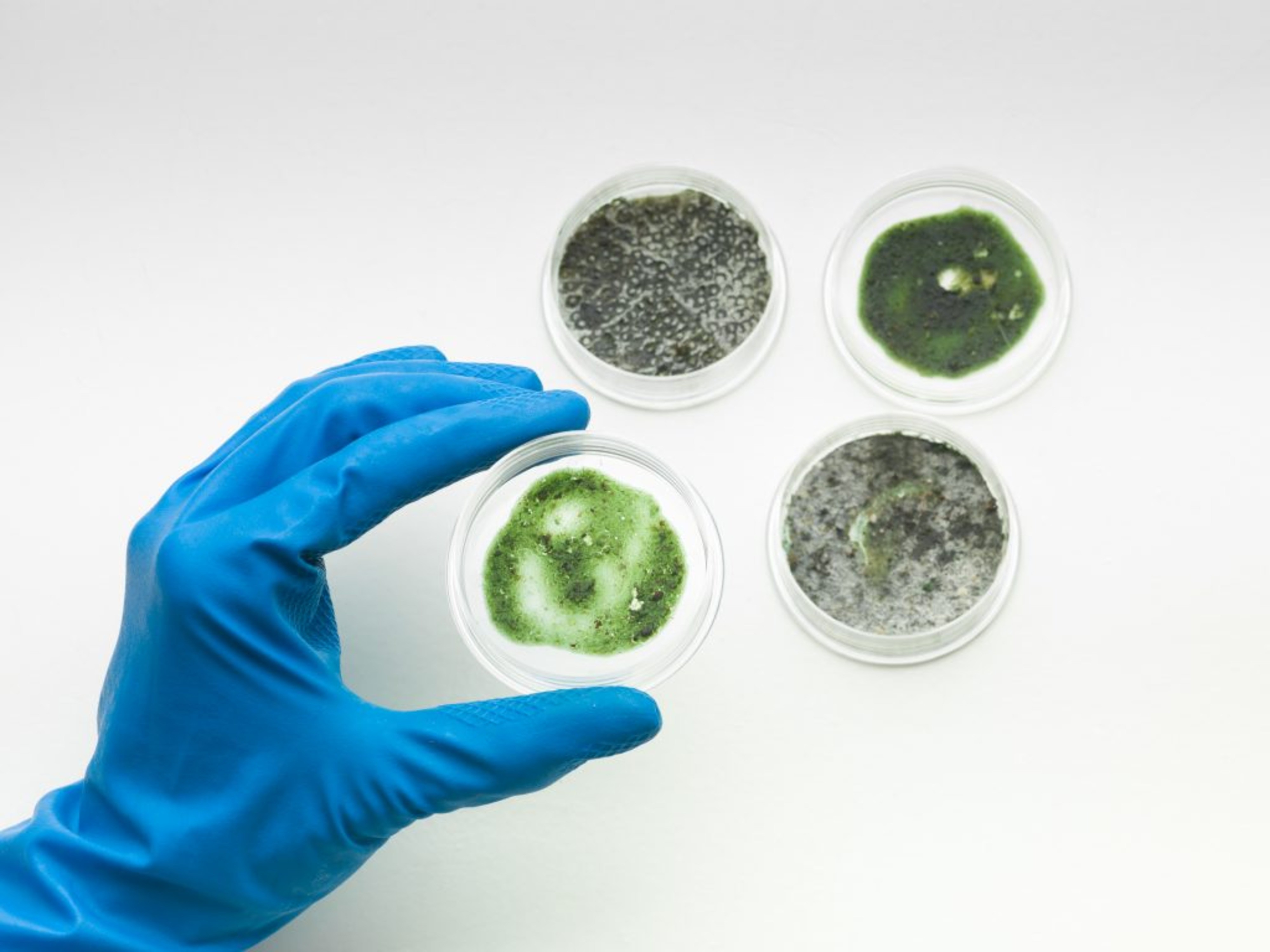
Common Types of Mold Found in Renton
In Renton, several types of mold commonly thrive due to its temperate climate and moisture-rich environment. Some prevalent molds include Aspergillus, Penicillium, Cladosporium, and Stachybotrys chartarum (black mold).
Each type varies in appearance, growth patterns, and potential health effects. Aspergillus species are known for causing allergic reactions and respiratory issues, while Stachybotrys chartarum has gained notoriety for producing mycotoxins that can pose serious health risks upon exposure.
Factors Contributing to Mold Growth in the Region
Various factors contribute to the proliferation of mold in Renton. The Pacific Northwest's moderate temperatures create an ideal breeding ground for mold spores to flourish throughout the year. Additionally, Renton's proximity to bodies of water like Lake Washington increases humidity levels, providing ample moisture for mold growth indoors.
Poor ventilation practices in buildings exacerbate moisture accumulation, further promoting mold infestations. Understanding these local factors is crucial for implementing effective prevention and remediation strategies to combat mold growth effectively.
Health Implications of Mold Exposure
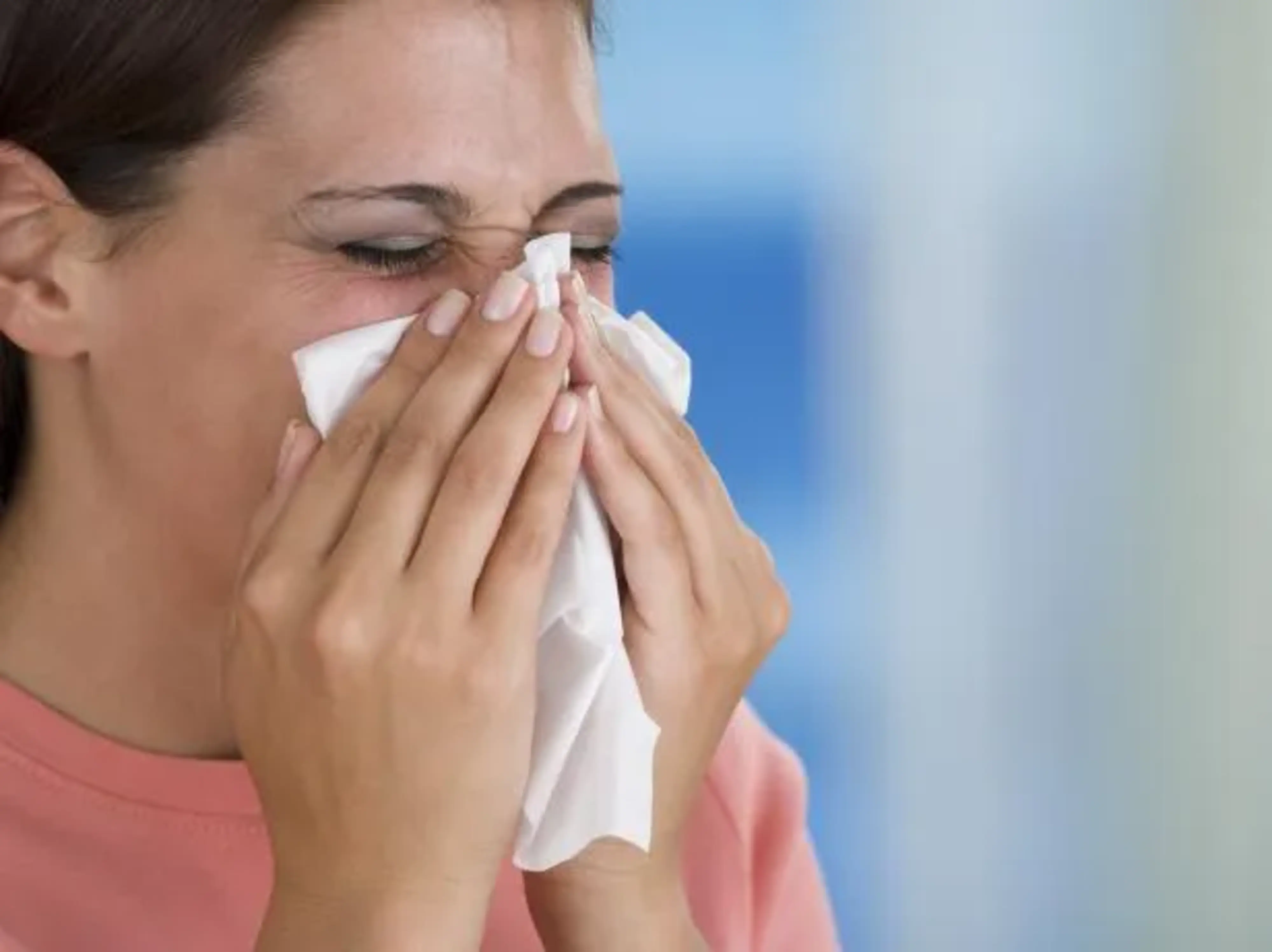
Respiratory Issues Associated with Mold Exposure
Exposure to mold can have detrimental effects on respiratory health, particularly for individuals with asthma or other underlying respiratory conditions. Inhalation of mold spores can trigger allergic reactions in the airways, leading to symptoms such as coughing, wheezing, and shortness of breath.
In more severe cases, mold exposure can exacerbate asthma attacks and cause respiratory distress. Furthermore, certain types of molds produce mycotoxins that can directly irritate the respiratory system upon inhalation, further complicating matters for vulnerable individuals.
Allergies and Skin Reactions Caused by Mold Spores
Mold spores are known allergens that can elicit allergic reactions in sensitive individuals upon contact or inhalation. Common symptoms of mold allergies include sneezing, runny nose, itchy eyes, and skin rashes.
Prolonged exposure to mold spores can worsen allergy symptoms over time and may even lead to the development of new sensitivities in previously unaffected individuals. Additionally, direct skin contact with certain types of mold can cause dermatitis or other skin irritations, further highlighting the diverse ways in which mold exposure can manifest in allergic reactions.

Long-Term Health Risks Linked to Prolonged Exposure to Mold
Chronic exposure to mold has been associated with a range of long-term health risks that extend beyond immediate allergic reactions or respiratory issues. Studies have suggested that prolonged exposure to indoor mold growth may increase the risk of developing respiratory infections, chronic sinusitis, and even systemic health conditions such as fatigue and cognitive impairments.
Furthermore, some research indicates a potential link between chronic mold exposure and the development or exacerbation of autoimmune disorders. Understanding these long-term health risks underscores the importance of prompt identification and mitigation of mold growth in indoor environments to safeguard public health.
Signs and Symptoms of a Potential Mold Infestation
Mold infestations in Renton properties can manifest through various signs and symptoms that residents should be vigilant about. One common indicator of mold presence is a musty or earthy odor permeating the indoor space. This distinctive smell is often the result of volatile organic compounds (VOCs) released by active mold colonies.
Additionally, visible mold growth on surfaces such as walls, ceilings, or floors is a clear sign of an infestation. Mold can appear in various colors and textures, including black spots, fuzzy patches, or slimy coatings.
Apart from odors and visible growth, individuals may experience health symptoms that could indicate exposure to mold spores. Respiratory issues like coughing, wheezing, or nasal congestion are common reactions to mold allergens.
Some people may also develop skin rashes or eye irritation when in close proximity to mold-infested areas. It's crucial to pay attention to these physical symptoms as they could signal the presence of hidden mold within the property.
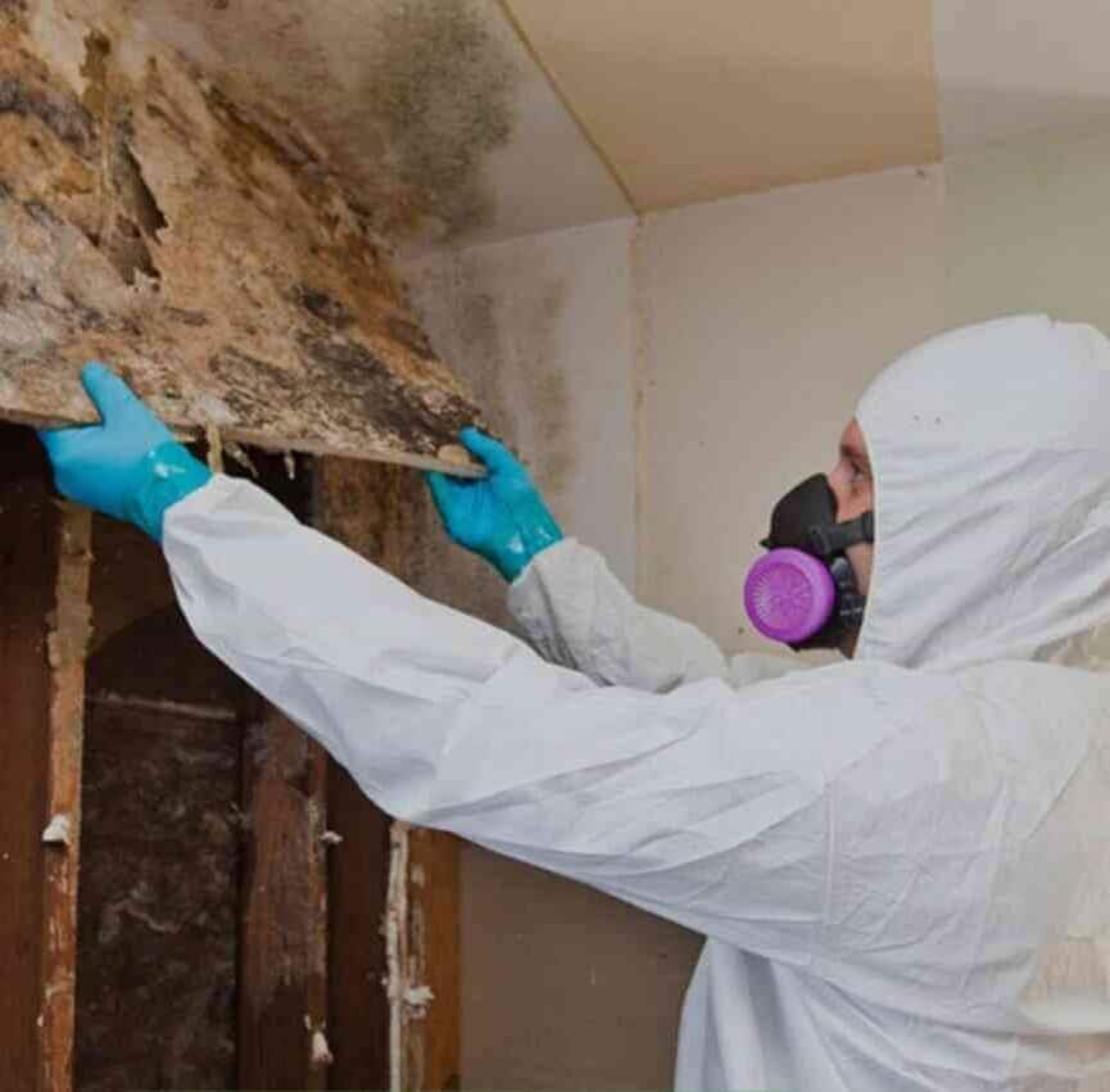
Importance of Professional Mold Inspections in Renton Homes and Businesses
Professional mold inspections play a vital role in identifying and assessing mold infestations accurately in Renton properties. Certified inspectors have the expertise to conduct thorough assessments using specialized tools such as moisture meters and thermal imaging cameras to detect hidden moisture sources conducive to mold growth.
Their comprehensive inspections can uncover mold colonies behind walls, under flooring, or within HVAC systems that may go unnoticed during visual checks. Moreover, professional mold inspectors can differentiate between various types of molds present in a property and determine the extent of contamination.
This detailed assessment is crucial for developing an effective remediation plan tailored to address specific molds properly. By engaging experts for mold inspections in Renton homes and businesses, property owners can gain valuable insights into potential health risks posed by different types of molds and take necessary steps to safeguard occupants' well-being.
DIY Methods for Detecting Mold Growth
While professional inspections are recommended for comprehensive evaluations of mold infestations in Renton properties, there are some DIY methods that residents can employ for preliminary detection. One simple approach involves conducting visual checks in areas prone to moisture accumulation such as bathrooms, kitchens, basements, and attics.
Look out for discoloration on surfaces like walls or ceilings as it may indicate hidden molds. Another DIY method involves using at-home testing kits designed to detect airborne mold spores indoors.
These kits typically include collection plates that can be placed strategically around the property for a specified period before being sent off for analysis by a laboratory. While not as precise as professional inspections, DIY testing kits can provide initial insights into indoor air quality issues related to mold presence.
Preventing Mold Growth
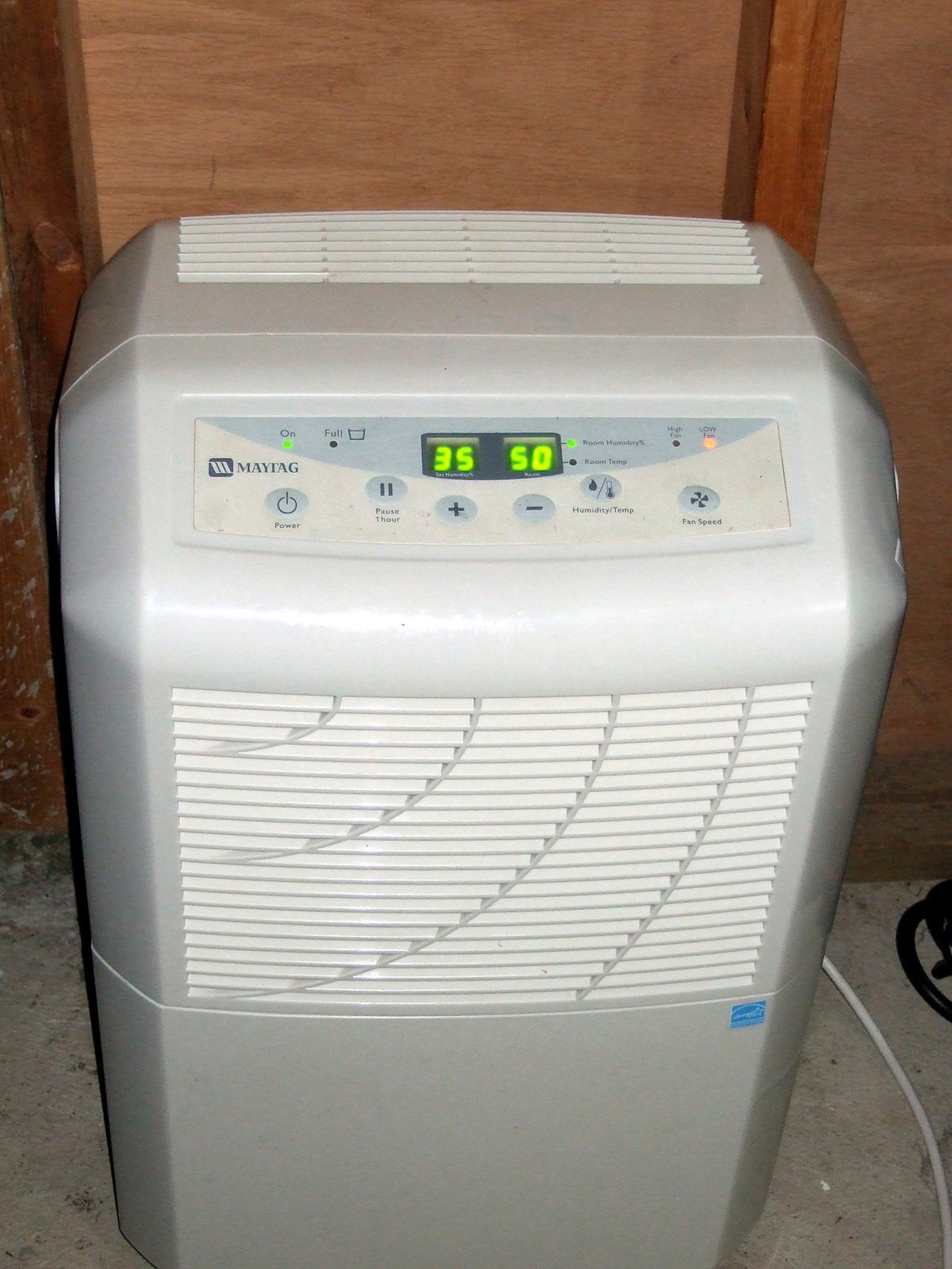
Effective Strategies for Controlling Humidity Levels Indoors
High humidity levels provide the ideal breeding ground for mold spores to thrive and multiply in indoor spaces. In Renton, where the climate can be damp, it is crucial to implement effective strategies to control humidity levels. Investing in a quality dehumidifier is a practical solution to regulate moisture in the air.
By maintaining indoor humidity levels below 60%, you can significantly reduce the risk of mold growth. Additionally, using exhaust fans in high-moisture areas such as bathrooms and kitchens can help mitigate humidity levels and discourage mold formation.
Proper Ventilation Techniques to Reduce Moisture Accumulation
Proper ventilation plays a pivotal role in preventing mold growth by ensuring adequate air circulation throughout your property. In Renton, where rainy seasons are common, it is essential to ventilate your home effectively to prevent moisture buildup.
Opening windows and using ceiling fans can promote airflow and facilitate drying after rainfall or high-humidity days. Installing vents in bathrooms, kitchens, and attics can also help expel excess moisture from these areas, reducing the likelihood of mold infestations.
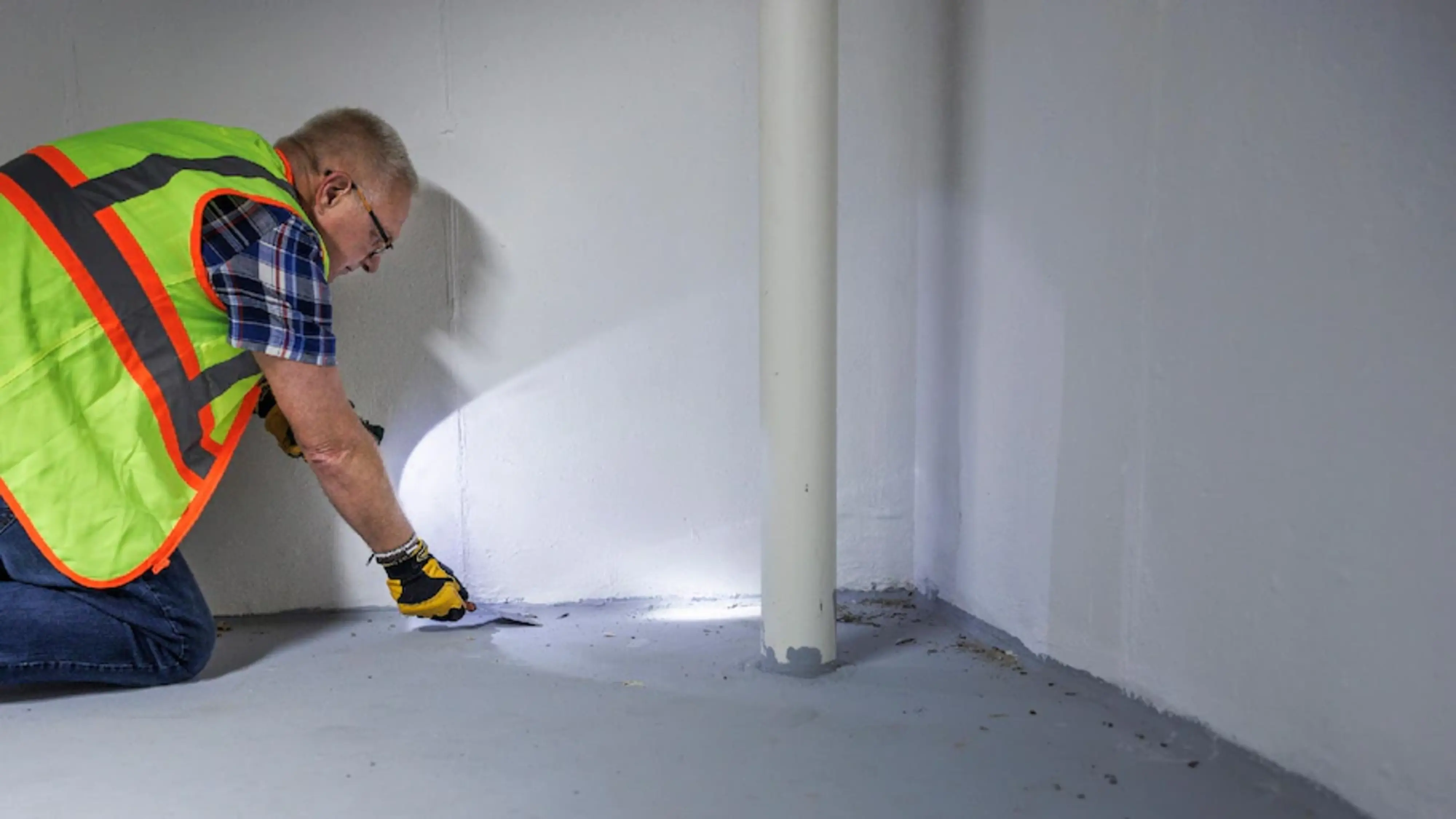
Regular Maintenance Tips for Preventing Mold Growth
Consistent maintenance practices are key to keeping mold at bay in Renton properties. Conducting regular inspections for leaks or water damage in plumbing fixtures, roofs, and foundations can help identify potential sources of moisture that could lead to mold growth. Promptly addressing any water intrusion issues and repairing leaks is crucial for preventing mold from taking hold.
Additionally, regularly cleaning and maintaining HVAC systems, gutters, and downspouts can aid in reducing moisture accumulation indoors and safeguarding against mold infestations. Regularly checking seals on windows and doors can also prevent water seepage that may contribute to mold development.
Remediation Techniques for Mold Removal
Overview of Professional Remediation Services Available in Renton
In Renton, there is a plethora of professional mold remediation services that specialize in effectively tackling mold infestations in residential and commercial properties. These expert services employ advanced techniques and equipment to identify, contain, and remove mold growth safely.
Professional remediators in Renton are trained to assess the extent of the mold problem accurately, develop a comprehensive remediation plan, and execute it with precision. These services often include thorough mold inspection, containment of affected areas, proper removal of contaminated materials, disinfection, and prevention strategies to inhibit future mold growth.
Moreover, professional remediation companies in Renton adhere to industry standards and guidelines set forth by organizations such as the Environmental Protection Agency (EPA) and the Institute of Inspection Cleaning and Restoration Certification (IICRC). By hiring these experienced professionals, property owners can ensure that mold issues are addressed effectively and efficiently while prioritizing the health and safety of occupants.
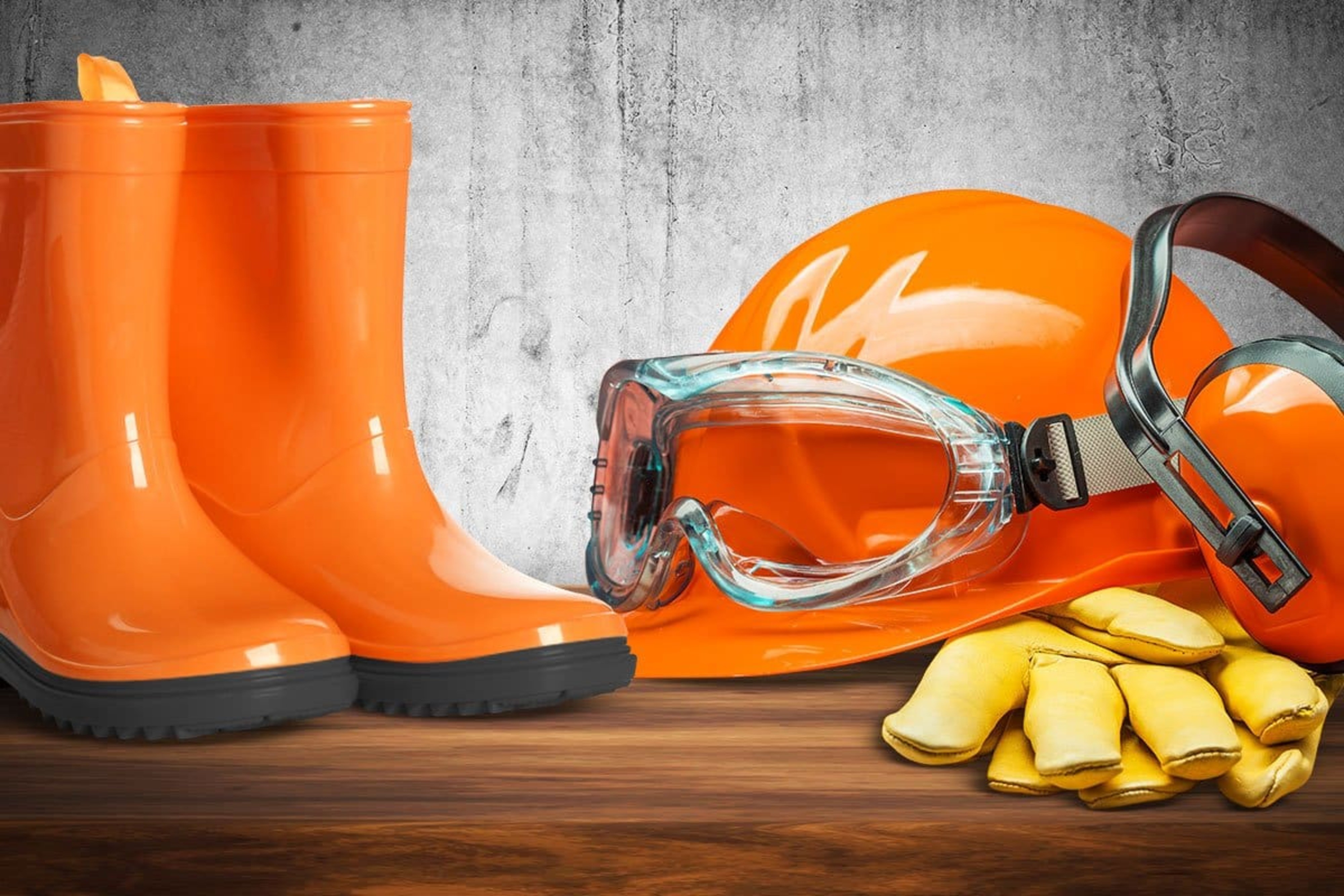
DIY Methods for Small-Scale Mold Removal Projects
For minor instances of mold growth in Renton properties, there are certain do-it-yourself (DIY) methods that homeowners or tenants can employ to address the issue promptly. It is important to note that DIY mold removal is only recommended for small-scale infestations spanning less than 10 square feet.
Safety precautions such as wearing protective gear like gloves, goggles, and masks should always be observed when dealing with mold. Common DIY methods for small-scale mold removal include using household cleaning solutions like vinegar or hydrogen peroxide to scrub away visible mold growth on non-porous surfaces.
Additionally, improving ventilation in affected areas by utilizing fans or dehumidifiers can help deter further mold development. However, it is crucial to understand that DIY approaches may not always eradicate underlying moisture issues contributing to mold growth; thus seeking professional guidance is advisable for extensive or recurring problems.
Importance of Addressing the Root Cause of the Mold Infestation
While removing visible molds is essential for maintaining indoor air quality and preventing health risks associated with exposure, addressing the root cause of the infestation is paramount for long-term prevention. In many cases across Renton properties, moisture intrusion from sources like leaks or improper ventilation serves as a catalyst for mold proliferation.
Simply eliminating visible molds without rectifying underlying moisture issues will likely lead to recurrent problems. By identifying and resolving sources of excess moisture indoors through proper ventilation practices or repairs where necessary, property owners can mitigate future instances of mold growth.
Furthermore, addressing any structural deficiencies that may contribute to dampness within walls or ceilings can significantly reduce the likelihood
of recurring infestations. Taking a proactive approach towards addressing both visible molds
and their underlying causes ensures a healthier indoor environment and minimizes costly remediation efforts down the line.

Laws and Regulations Related to Landlord Responsibilities Regarding Mold
In Renton, Washington, landlords have specific legal responsibilities when it comes to addressing mold issues in their rental properties. Under state law, landlords are required to provide tenants with a safe and habitable living environment, which includes ensuring that the property is free from mold infestations that could pose health risks.
Landlords must promptly address any mold problems reported by tenants and take necessary steps to remediate the issue in accordance with local regulations. Furthermore, the Washington State Landlord-Tenant Act outlines specific obligations for landlords concerning mold prevention and remediation.
Landlords are responsible for maintaining the property in a condition that prevents mold growth, such as addressing water leaks or moisture issues promptly. If mold is present due to landlord negligence or failure to maintain the property adequately, tenants may have legal recourse against the landlord for damages or breaches of their lease agreement.
It is crucial for both landlords and tenants in Renton to be aware of these laws to ensure compliance and protect their rights. In addition to state laws, Renton may also have local ordinances or regulations governing landlord responsibilities regarding mold.
These regulations may impose additional requirements on landlords concerning mold prevention measures, disclosure of previous mold issues to prospective tenants, or timelines for addressing reported mold problems. Landlords should familiarize themselves with these local laws and ensure they are meeting all obligations related to mold prevention and remediation to avoid potential legal disputes with tenants.
Understanding Insurance Coverage for Mold Damage in Renton Properties
Insurance coverage for mold damage in Renton properties can vary depending on the type of insurance policy held by the property owner. Standard homeowner's insurance policies typically do not cover mold damage resulting from preventable issues such as poor maintenance or neglect. However, if the mold growth is sudden and accidental—such as from a burst pipe—coverage may be available under certain circumstances.
For landlords who own rental properties in Renton, it is essential to review their insurance policies carefully to understand what coverage is provided for mold damage. Some insurance companies offer optional endorsements or riders that specifically cover mold-related losses, but these may come at an additional cost.
Property owners should consult with their insurance agent or broker to discuss their options for obtaining adequate coverage for potential mold damage. In cases where a tenant's personal belongings are damaged by mold in a rental property, renters' insurance may provide coverage for those losses.
Tenants should also review their insurance policies to determine if they have coverage for belongings affected by mold infestations and understand any limitations or exclusions that may apply. Being informed about insurance coverage options can help both landlords and tenants navigate potential claims related to mold damage effectively.
Community Resources and Support Services
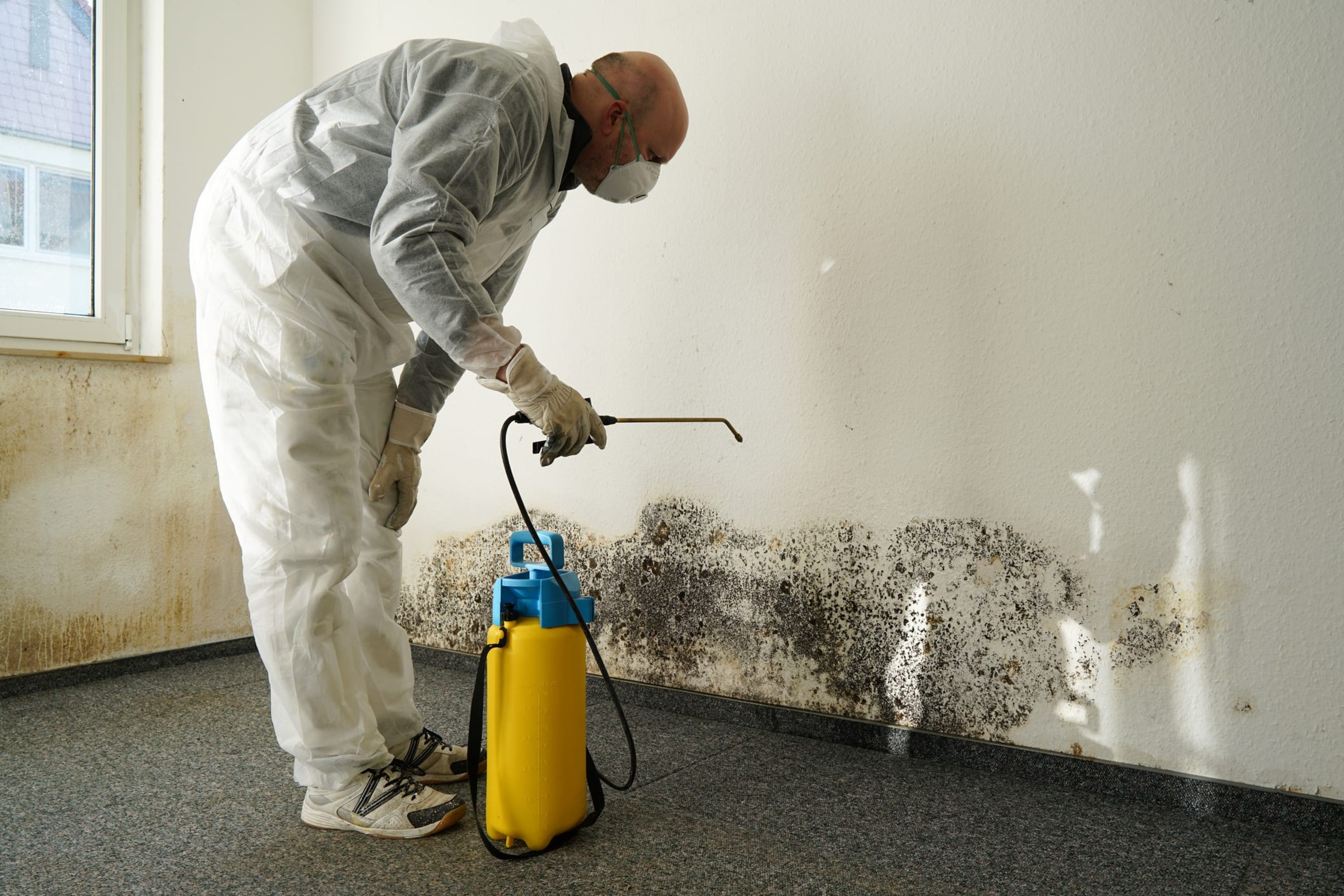
Local Organizations Offering Assistance with Mold-Related Issues
In Renton, Washington, residents and property owners have access to a range of local organizations that offer valuable assistance with mold-related issues. One such organization is the Renton Environmental Services Department, which provides information on mold prevention and remediation techniques tailored to the region's climate. Additionally, the Renton Health Department offers resources for individuals seeking guidance on identifying and addressing mold problems in their homes or workplaces.
These organizations often collaborate with certified professionals to conduct mold inspections and provide recommendations for safe and effective remediation strategies. Moreover, community-based non-profit organizations like the Renton Community Action Program (RCAP) play a crucial role in supporting residents facing mold infestations.
RCAP offers financial assistance programs for low-income households struggling with mold remediation costs, ensuring that vulnerable populations have access to essential services to maintain healthy living conditions. By partnering with these local organizations, individuals in Renton can receive expert guidance and support in managing mold issues effectively and sustainably.
Educational Workshops and Seminars on Managing Indoor Air Quality
In an effort to raise awareness about indoor air quality and its impact on health, Renton hosts a variety of educational workshops and seminars focused on managing indoor environments effectively. The Renton Environmental Education Center regularly organizes seminars on topics such as moisture control, ventilation systems, and air purification methods to help residents mitigate mold growth risks.
These workshops provide practical tips and insights into creating healthier indoor living spaces through proper maintenance practices. Furthermore, local HVAC companies often collaborate with health authorities to offer educational sessions on maintaining optimal indoor air quality standards in residential and commercial properties.
These seminars cover topics like duct cleaning best practices, filter replacement schedules, and HVAC system maintenance techniques essential for preventing mold proliferation. By attending these informative sessions, residents gain valuable knowledge that empowers them to proactively address potential mold issues before they escalate into more significant concerns.
Conclusion
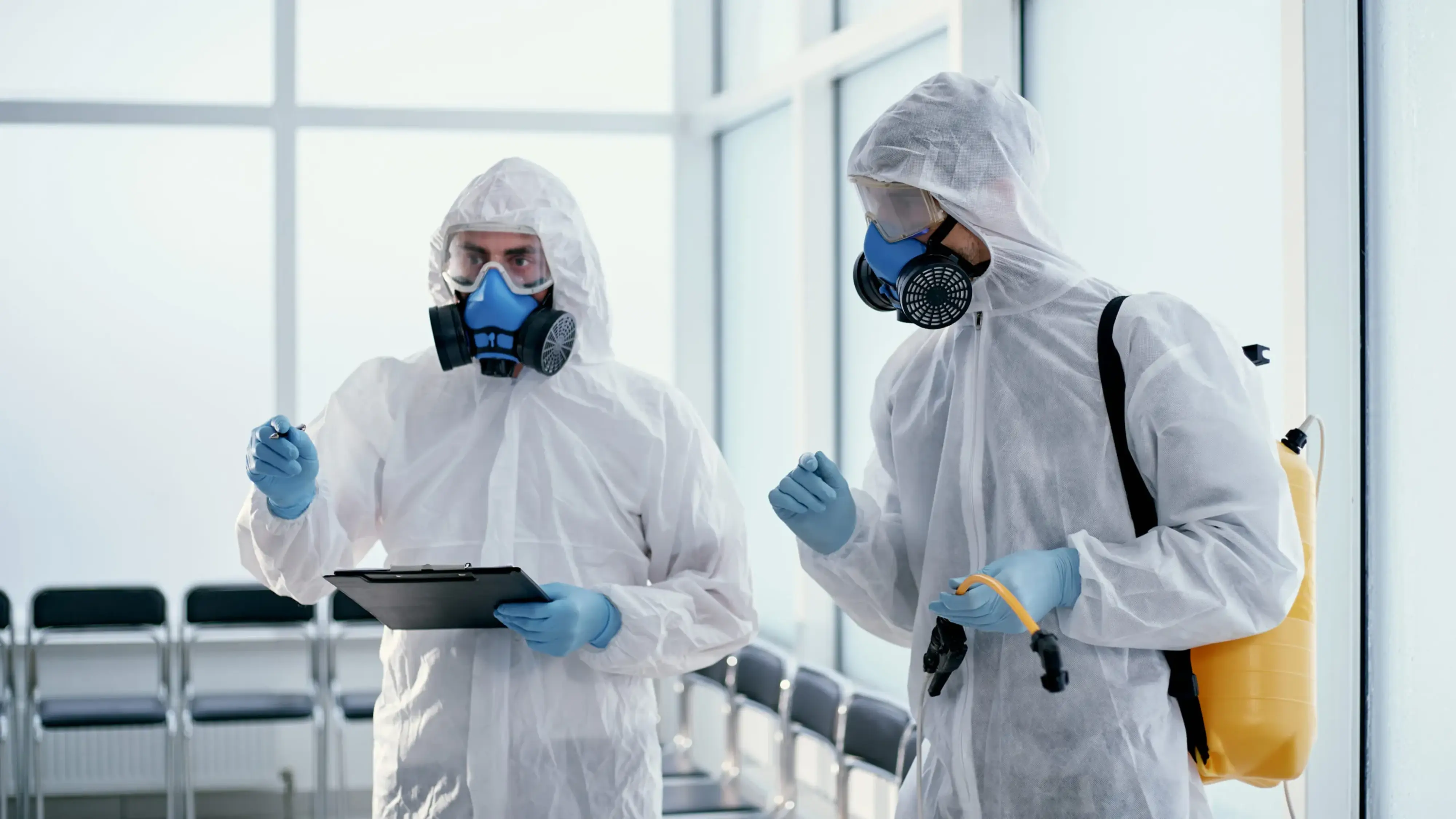
Summarize Key Findings
Exploring the world of mold in Renton has shed light on the importance of understanding and addressing mold growth in both residential and commercial spaces. We have delved into the definition and characteristics of mold, common types found in Renton, and the various factors contributing to its growth.
It is crucial to recognize the health implications of mold exposure, ranging from respiratory issues to long-term health risks. By understanding how to detect mold in properties and implementing effective prevention strategies, individuals can safeguard their indoor environments against mold infestation.
Emphasizing Prevention and Remediation
Effective prevention measures such as controlling humidity levels, ensuring proper ventilation, and conducting regular maintenance can significantly reduce the risk of mold growth in Renton properties. Moreover, being aware of remediation techniques for mold removal is essential for addressing existing infestations promptly and effectively. Whether opting for professional remediation services or tackling small-scale projects independently, it is crucial to address the root cause of mold infestations to prevent recurrence.
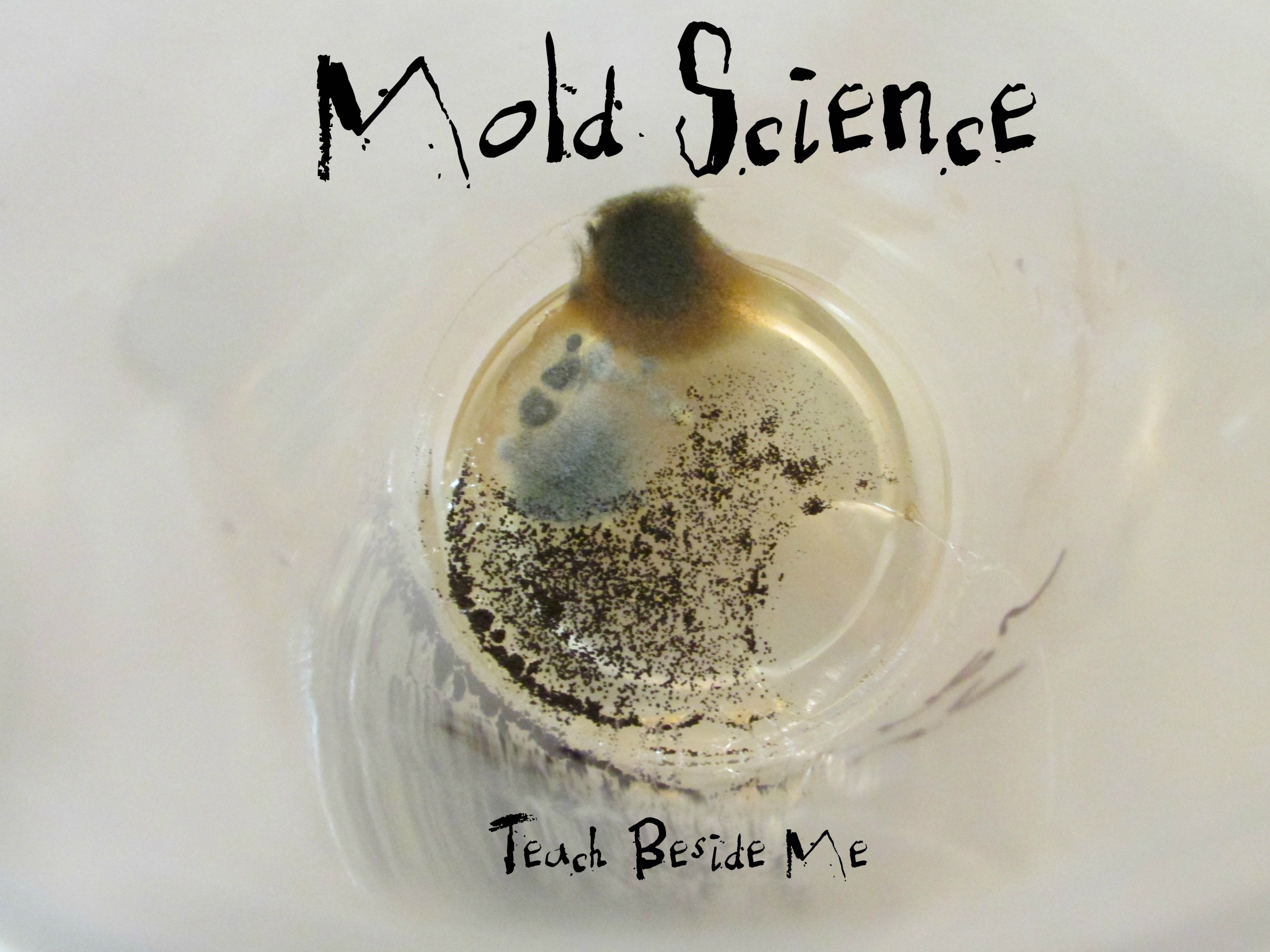
Promoting Community Awareness and Support
Building a resilient community in Renton involves not only understanding the challenges posed by mold but also leveraging local resources and support services. Organizations offering assistance with mold-related issues, educational workshops on managing indoor air quality, and legal insights into landlord responsibilities provide valuable avenues for residents to proactively combat mold growth. By fostering awareness, collaboration, and a shared commitment to maintaining healthy indoor environments, Renton can strive towards a future free from detrimental effects of mold exposure.
While the presence of mold may pose challenges, arming oneself with knowledge about detection, prevention, remediation techniques alongside community support can empower individuals to create safe and healthy living spaces in Renton. Together we can turn these challenges into opportunities for growth by promoting resilience and fostering a culture of proactive maintenance that prioritizes well-being for all residents.

